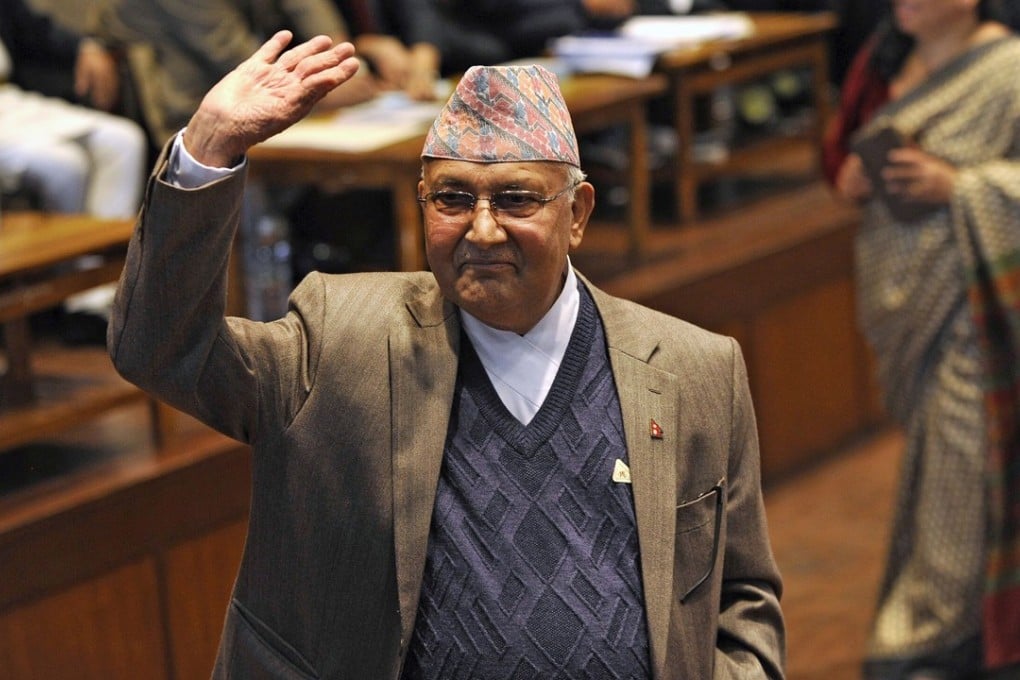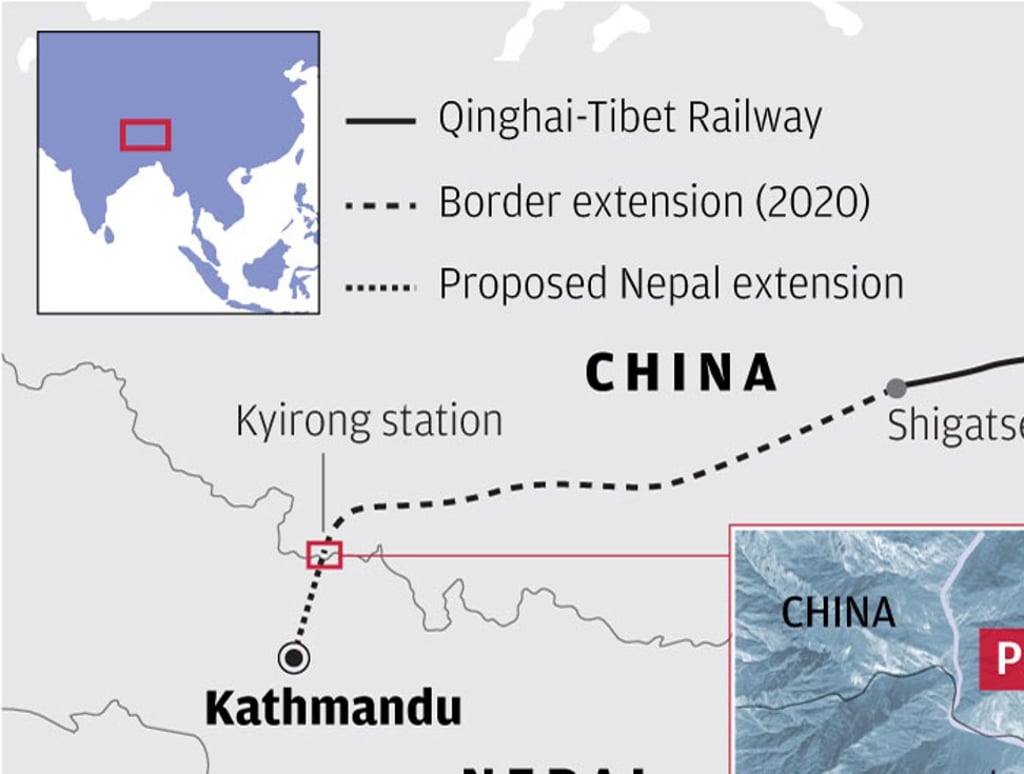Exclusive | Nepal leader vows to revive Chinese dam project, open to review pact over Nepalese soldiers in India
New communist prime minister says extending Tibet rail to Kathmandu will spur trade, seeks to widen options beyond India

Nepal’s new communist prime minister will restart a Chinese-led US$2.5 billion hydropower project that was pulled by the previous government considered friendly towards India, and wants to increase infrastructure connectivity with Beijing to ease the country’s reliance on New Delhi.
He also wants to “update” relations with India “in keeping with the times” and favours a review of all special provisions of Indo-Nepal relations, including the long-established practice of Nepalese soldiers serving India’s armed forces.
“Political prejudice or pressure from rival companies may have been instrumental in scrapping of the project. But for us, hydropower is a main focus and come what may, we will revive the Budhi Gandaki project,” Communist Party of Nepal (Unified Marxist-Leninist) leader Khadga Prasad Sharma Oli told This Week in Asia in an exclusive interview, his first since taking office on Thursday.
Oli’s UML and the Maoist Centre formed the Left alliance that swept to power in this landmark election, Nepal’s first after the promulgation of its new constitution restructuring the Himalayan country as a federal republic. The two communist parties are also inching towards a merger, which China has always advocated.

